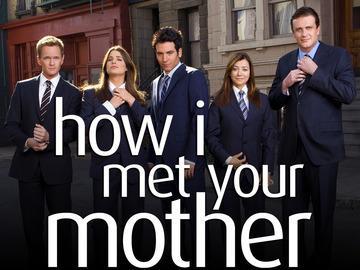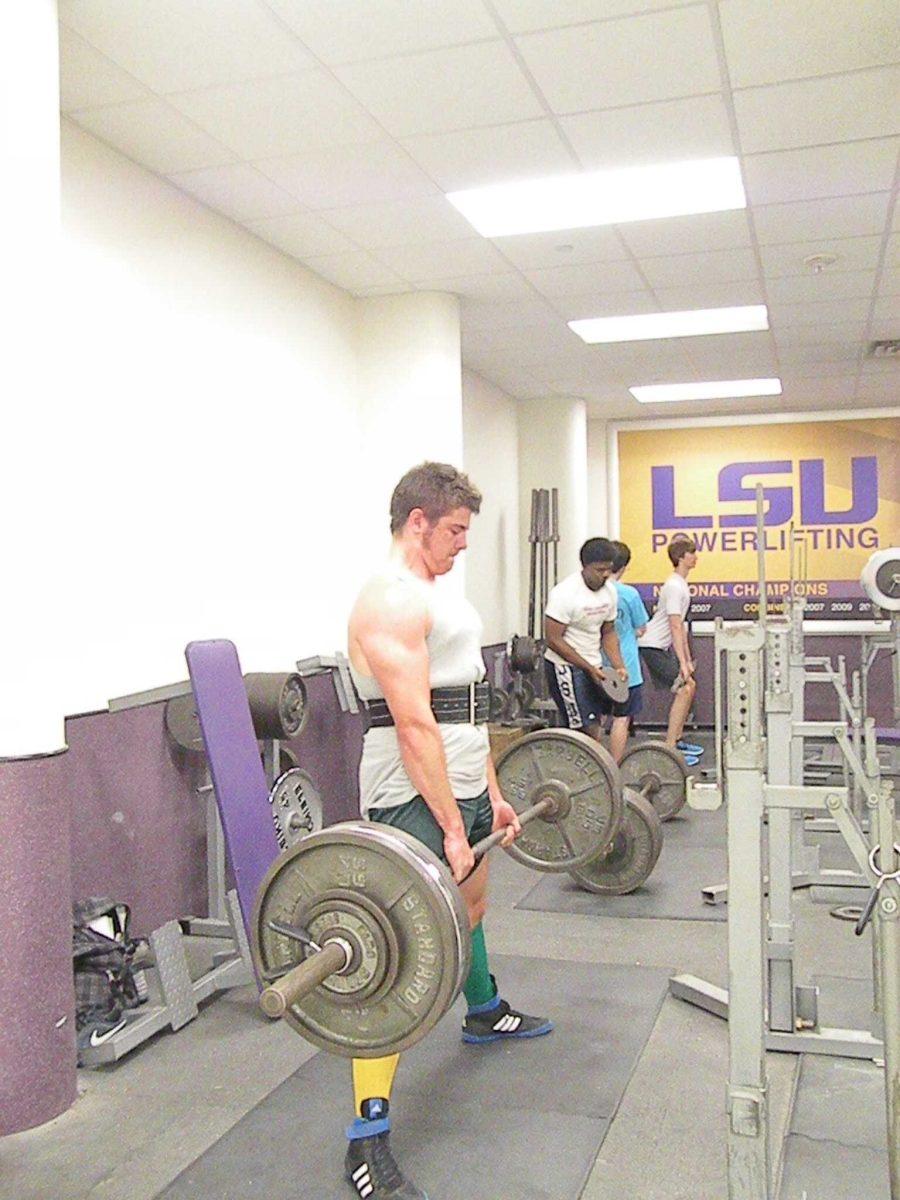Christmas has come and gone. Or was it Hanukkah? Or Kwanzaa? Saturnalia? Who could tell? The times we’ve come to know as our annual celebrations have been blended into one sticky, glittery, wrapped-up blob known as “The Holidays.”
The Holidays is the indiscriminate, stereotypical production of America’s winter festivities, usually revolving around Christmas, which is presented to us as viewers of television.
That’s right. Television is to blame. Or rather, to praise. What would our winters be were it not for the countless holiday-themed episodes of our favorite sitcoms? The holidays are all about being cyclical: “Christmas only comes once a year!”
This recurrence means something important to TV sitcoms. It means they get the chance to produce more and more classic holiday episodes. And much like the sugar used in your countless holiday treats, TV has been able to cook down Christmas, or rather, the Holidays, into several universal tropes for all to watch.
Check it out:
1. It is not ALWAYS Christmas.
I know what you’re thinking: “This family is giving gifts to one another and drinking and laughing. It must be Christmastime.” WRONG. Aside from the gift giving and laughter, this is just another television family.
Do not succumb to the idea of Christmas being the only holiday available for American TV. It could be Hanukkah (check for a menorah), or maybe Kwanzaa (check for African-Americans.) Seeing as America’s citizens are so diverse in their beliefs and traditions, so too are American holiday specials.
In some cases, an episode could spawn a false holiday of its own. One of the best examples in recent TV history is the “Seinfeld” phenomenon of Festivus, which pokes fun at Christmas’s commercialization. Today, many Americans observe Festivus on December 23rd as way of both honoring the classic episode as well as signify their opposition to “Big Christmas.”
2. Unless it IS Christmas. (Plot twist!)
Okay, I sort of lied. The people on your screen this season are probably celebrating Christmas. Even though we would love to see our country as being open to all celebrations of faith, Christmas reigns supreme when it comes to our TV.
But that’s alright. If a show is tasteful, it won’t overtly stress just how CHRISTMAS Christmas can be. If a show is very tasteful (good), it will completely turn the festival on its head; like the late, great “Futurama”’s 2nd season episode, “Xmas Story.” In the future, Christmas is dead, Santa’s a robot, and he will kill you if he catches you.
The point is that TV has the potential to produce many assorted holiday episodes nowadays what with the spectrum of beliefs present in the sitcom world. It looks like “The Big Bang Theory” passed once again on the Howard Wolowitz Hanukkah party episode.
3. There will be food. It will either be magnificent or disgusting. There is no in between.
The holidays have always been about the food. Sure, there’s family to be around and good times to be had and even stuff to receive. What’s better than receiving?
Eating, that’s what. This amazing holiday food has been a crucial part of TV sitcom holiday episode for years. One character sets out to make the ultimate feast for their big holiday party. Usually, it will involve one large animal being cooked very particularly, maybe a turkey or a pig with an apple in its mouth.
An overarching theme of this whole feast is that the host is either a wonderful cook and can’t even boil water. If the food is great, this means something MUST go wrong to spoil it, like a grease fire or a dropped Christmas goose. On the reverse, if the food is terrible, we get to watch the guests lie through their teeth about how good the food is. Sometimes, grossly funny things happen like everyone spitting into their napkins. Don’t you love the holidays?
4. A fat man’s gonna show up, be it Santa or an uncle.
Be prepared to see a heavy-set character dressed as St. Nick. This custom is kept alive solely by the fact there will always be heavy or tall characters on American sitcoms.
Today, it’s rare that a show would implement the Santa factor and have it end up being the real Santa. Maybe back in the 60s when Santa was swilling Coca-Cola and making a cuckold out of your pipe-smoking, slipper-clad father in the next room.
Now, however, the idea of Santa Claus being real has been retired for the standard big guy with the fake beard. For reference, check anywhere from “According To Jim” to “Married…With Children” to “Roseanne”.
5. People will drink, reminiscence, then drink more.
Guess what? People who spend extended amounts of time with their families end up drinking. Surprising, right? The holidays are impossible to endure without alcohol. That’s not to say that being with family is unbearable sober. Rather, liquor makes TV more entertaining to watch.
Parents crowd around their children to talk about embarrassing things from the past. That time their little daughter urinated in a decorative flowerpot; when their toddler son ran through the house nude because “Clothes stink.”
Drinking brings all of these memories to the forefront of people’s holiday-filled, sentimental minds. It opens up all the caverns of their brains for the sole purpose of making a fool of their younger counterparts. This shame, in turn, causes those in question to drink profusely so they never have to remember their “binky in one hand, dinky in the other” phase. There’s always next year, though.
6. By the end of the episode, there will be AT LEAST one shot of the main cast around a centerpiece.
The point of focus could be anything, really: a lofty Christmas tree, roaring fire, pentagram of blood. This is the show’s chance to tie up the episode into one glorious final image, sounding out all of the big points or jokes made in the story.
The entire main cast will be present. Somebody should be in a ridiculous costume (see: “Friends”, Holiday Armadillo.) There’s no real purpose to this aspect except that silliness always gets laughs and a Santa Claus outfit just shouldn’t count for a silly costume anymore.
This scene isn’t the worst way to end an episode as it so often is used. The whole concept of “the gang’s all here” makes people feel compassion for the characters, despite what they’ve all been through in the last 22 minutes. Keep a look out for this method of making you feel things. If you’re not careful, you might accidentally let out a small “Aww.” Knock it off. It’s just “Bob’s Burgers”, not “It’s a Wonderful Life.”
Christmas, along with all those other holidays included, can be a great time for television. It can and will do everything in its strength to make us smile, laugh, tear up, and even adopt new holidays.
TV is that powerful to us viewers. Maybe we let it get to us because we like having our buttons pushed by a box whose buttons we push on a daily basis. Or maybe it’s just those suits in Hollywood who figured these and many other basic ideas that make us fall for The Holidays year after year.
Either way, it’s great fun and I for one hope you’ll all keep watching those same tricks over and over next holiday season. Happy New Year and don’t forget to watch Ryan Seacrest’s ball drop this year. Wow, almost 40 years old and he’s still having trouble with that thing. Happy Holidays!







